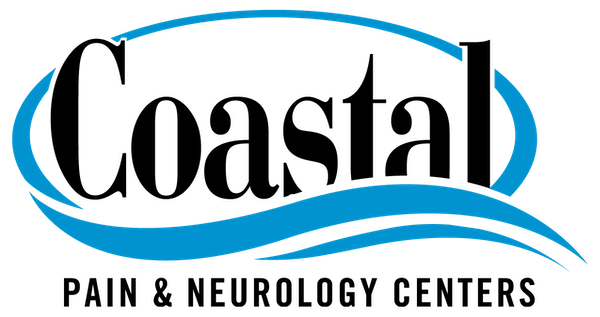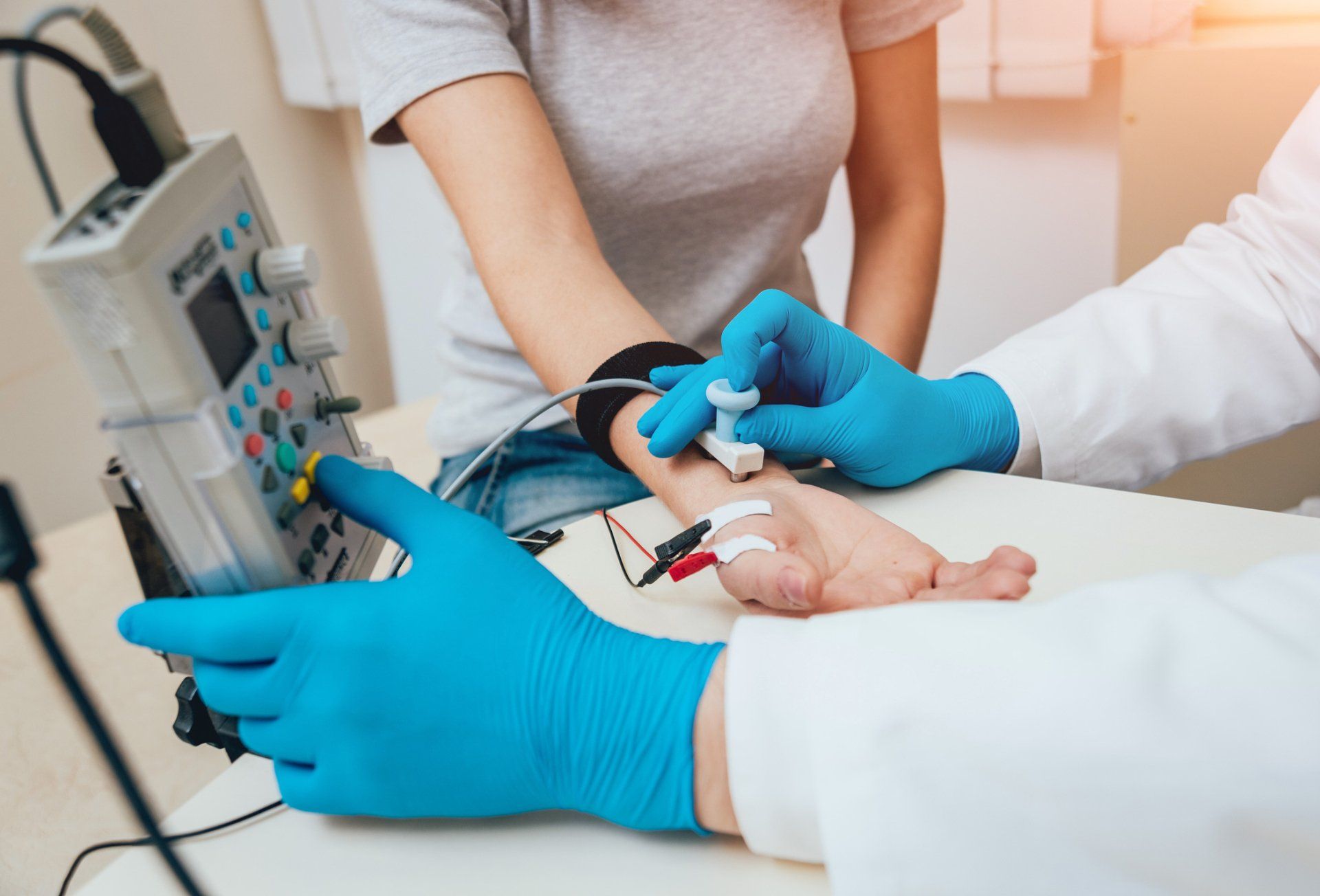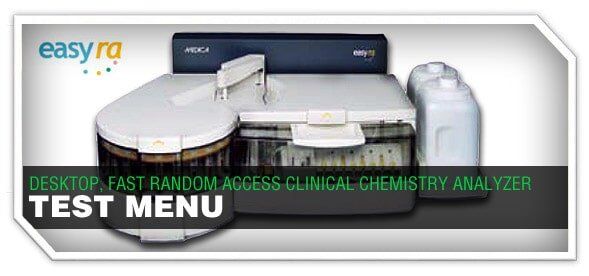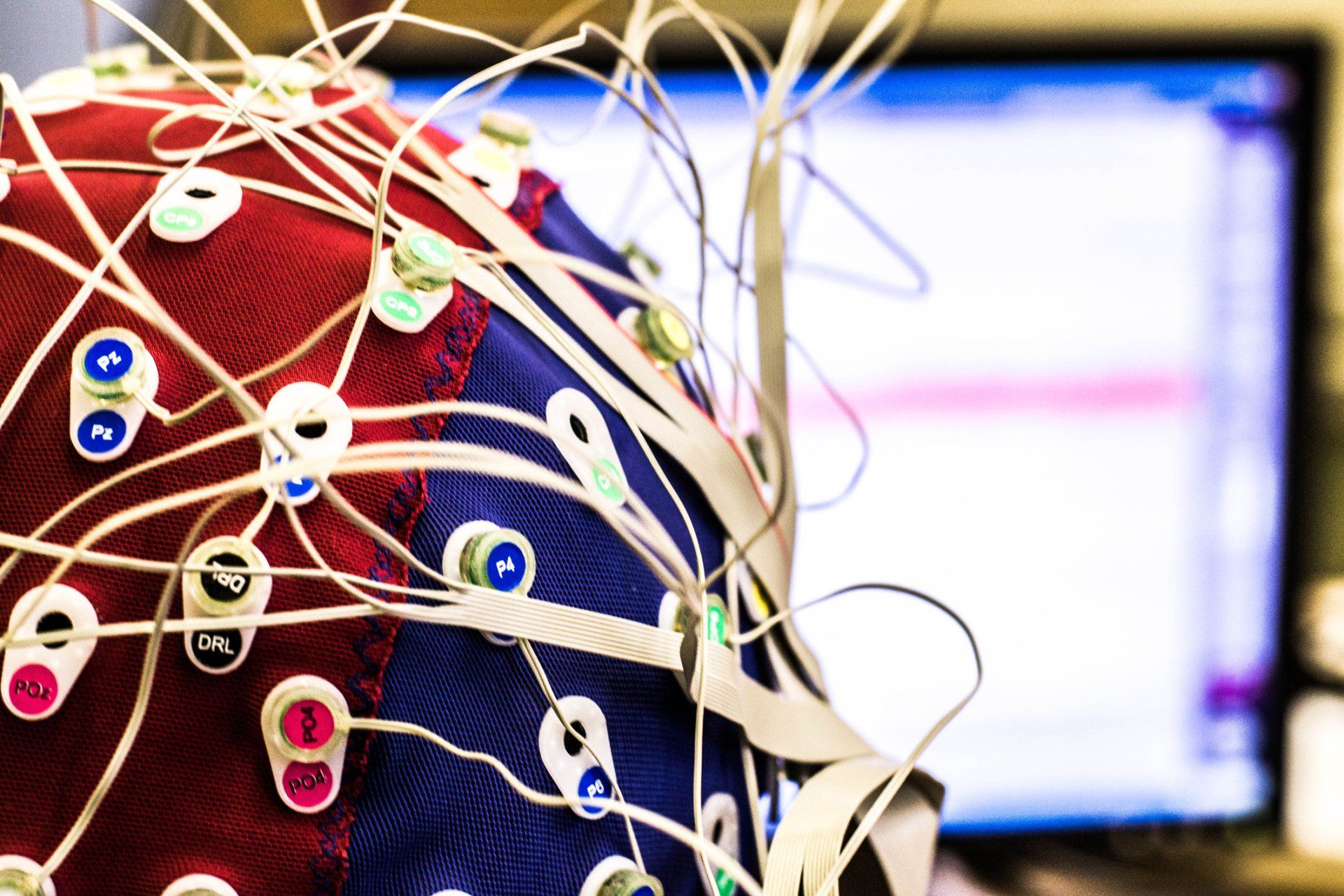Conditions That Can
Cause Abnormal Nerve Conduction
EMG/NCV
These tests are used to diagnose nerve damage or destruction and to evaluate diseases of the nerves.
Electromyography
Electromyography (EMG) is a procedure that uses an instrument called an electromyograph to convert the electrical activity from skeletal muscles into a visual account or sound. The test diagnoses neuromuscular abnormalities and is used during biofeedback training.
Nerve Conduction Velocity
Nerve conduction velocity (NCV) is a test to see how fast electrical signals move through a nerve. EMG (Electromyography) testing is done by inserting small needles just into the muscle (mild tingle experienced, similar to acupuncture). These tests are often performed at the same time.
Some Conditions That Can Cause Abnormal Nerve Conduction Results Include:
- Alcoholic neuropathy
- Diabetic neuropathy
- Traumatic injury to a nerve
- Carpal tunnel syndrome
- Brachial plexopathy
- Chronic inflammatory polyneuropathy
- Distal median nerve dysfunction
- Femoral nerve dysfunction
- Radial nerve dysfunction
- Sciatic nerve dysfunction
- Sensorimotor polyneuropathy
- Tibial nerve dysfunction
- Ulnar nerve dysfunction
WE ACCEPT ALL MAJOR INSURANCES. CALL US TODAY TO SCHEDULE AN APPOINTMENT. (386) 788-2300.
Dizziness, Vertigo and Balance Problems - Precise Diagnosis. Accurate Treatment.
Videonystagmography
Videonystagmography (VNG) testing measures how well a person can follow objects with his or her eyes and how well the person’s eyes respond to vestibular system information. A VNG tests central motor and inner ear functioning. This testing can determine if the cause of dizziness and balance problems is inner ear disease, as opposed to something else, such as anxiety or low blood pressure. VNG is considered to be more comfortable, accurate and consistent than electronystagmography (ENG) testing.
Now Offering Out-Patient EEG Testing
Electroencephalogram
An electroencephalogram (EEG) is a test that, using an electroencephalograph, measures the electrical activity of a person’s brain through the use of sensors attached to the head and connected to a computer using wire. This test can detect several conditions, including seizures.
EEG Conditions:
Coastal Pain and Neurology Center is proud to offer our patients a new diagnostic tool. EEG will help our neurologists diagnose and treat the following:
- Epilepsy
- Head injuries
- Brain infection
- Brain hemorrhage
- Alzheimer’s disease
- Degeneration of brain tissue
- Metabolic conditions that affect brain tissue
- Certain disorders of the central nervous system
- Stroke
- Brain tumor









